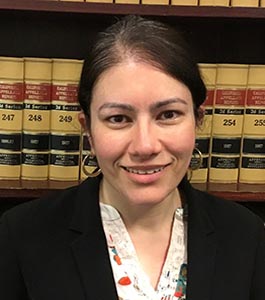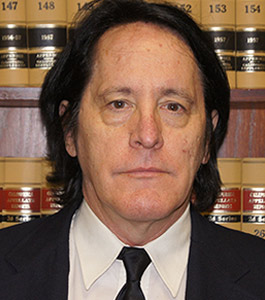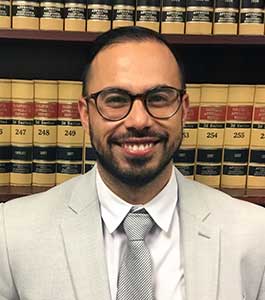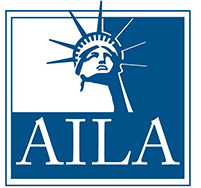Haitian Refugee Immigration Fairness Act
The Haitian Refugee Immigration Fairness Act (HRIFA) was enacted in 1998. It provides special procedures by which qualifying Haitian nationals can become lawful permanent residents (LPRs) of the United States. Basically, HRIFA allows the qualifying Haitian nationals who are in the United States to apply for an adjustment of their status (which may be illegal or temporary) to that of an LPR. The procedures are streamlined and do not require the aliens to apply for immigrant visas from the U.S. embassy in Haiti.
Eligibility
To be eligible for HRIFA relief, a person must meet several requirements. First, the alien must be a national of Haiti who was physically present in the United States on December 31, 1995. In addition, the alien must have been continually present in the U.S. from the time they arrived (December 31, 1995 or earlier) through the time that the alien’s application for adjustment of status was filed. “Continuous presence” allows for absences totaling 180 or fewer days. The alien’s application for adjustment of status must have been filed by March 31, 2000.
The alien must be admissible under the Immigration and Naturalization Act (INA). HRIFA does exempt certain grounds of inadmissibility for purposes of HRIFA, however. Thus, the following grounds are not reason to deny a Haitian national HRIFA benefits: public charge, lack of labor certification, present without admission or parole, lack of valid visa, and illegal presence.
In addition, the applicant must fall into one of the following five categories:
- Haitian nationals who filed for asylum before December 31, 1995
- Haitians who were paroled into the U.S. prior to December 31, 1995, after having been identified as having a credible fear of persecution, for emergent reasons, or reasons deemed strictly in the public interest
- Haitian children who arrived in the U.S. without parents and have remained without parents in the U.S. since arrival
- Haitian children who became orphaned subsequent to their arrival in the U.S.
- Haitian children who were abandoned prior to April 1, 1998, and have remained abandoned
Dependents
Dependents of eligible Haitians are also eligible to apply for lawful permanent residency if they too are a national of Haiti and are admissible to the United States under all provisions not excepted by HRIFA. A “dependent” includes a spouse, minor child, or an unmarried child who is 21 years of age or older. If the dependent is an unmarried child, 21 years or older, the child must have been physically present in the U.S. during a time period beginning no later than December 31, 1995, and ending no earlier than the date of application for adjustment of status.
Dependents do not have the same date restrictions on the filing of their application for adjustment. It may be filed at any time. In addition, a Haitian national may apply for an adjustment of status on behalf of a dependent who is not living in the United States.
Application Process
To start the process, a Haitian national needs to file an Application to Register Permanent Residence or Adjust Status, along with the HRIFA Supplement. Fingerprints are then taken. Some cases are scheduled for interviews, others are not. If no interview is scheduled, a notice will be sent in the mail stating whether LPR status was granted or denied.
Aliens wishing to qualify under HRIFA need to have filed their application for adjustment of status by March 31, 2000. Dependents of qualifying Haitian nationals, however, may continue to file their application at any time.
Copyright 2012 LexisNexis, a division of Reed Elsevier Inc.
| Robert Beles | - | State Certified Criminal Law Specialist |
| Anne Beles | - | State Certified Criminal Law Specialist |
| Paul McCarthy | - | State Certified Appellate Law Specialist |
| Emilio Parker | - | State Certified Immigration Law Specialist |

Contact us for a free consultation: (510) 836‑0100
Let our experience work for you. We can help!




















